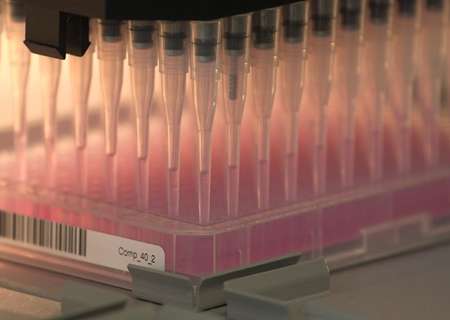Video: Why cells turn cancerous

Cancer - about one in three Europeans is confronted with this diagnosis during their lifetime. Scientists at the German Cancer Research Center DKFZ in Heidelberg are investigating the development of cancerous cells to find out how their growth is controlled and what goes wrong in a cancer cell. Usually a cell receives a chemical signal to divide, but this control is not working in cancer cells.
Within the EU funded research project CancerPathways the researchers have already identified several signaling factors that could play an important role in the development of various cancers. They aim of the scientists is to intervene in the signaling pathways and revert malfunctions of these cells whose growth has gone out of control. For this, the researchers use a mechanism that also occurs in nature called RNAi. These molecules ensure that a desired gene is no longer translated into the corresponding protein – and thus stops a chemical process inside the cell like its division. For each gene, the researchers in Heidelberg now want to design and generate the according RNAi switch.
Usually it takes ten to fifteen years before the results of such fundamental research can lead to new treatments, but the vision of scientists is already shaping up: in the future cancer-relevant pathways will be examined for each patient and thus adapt the treatment according to these individual signals.

















